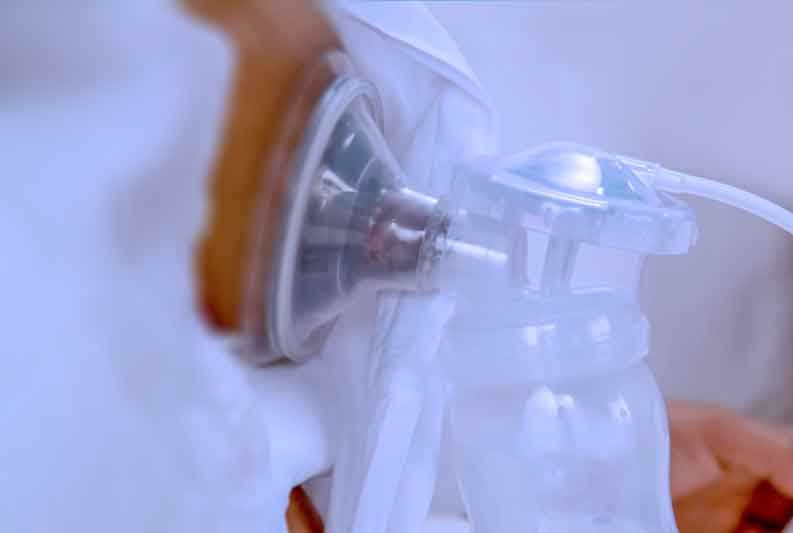
Most moms and babies need practice learning how to breastfeed. It’s normal to have lots of questions and to need some help. Getting answers to your questions during pregnancy and in the early days after birth can help you get the best start with breastfeeding.
Our trained WIC staff can provide you with breastfeeding support in a variety of ways:
Information and Resources for Breastfeeding
New parents hear a lot about how breastfeeding is special and beneficial. They will also hear about many challenges to feeding human milk. We want to make sure expecting parents have the best and most accurate information and support.
We know that being a new parent can be stressful and overwhelming. When we become familiar with newborn baby behaviors, we can determine what is normal and what we should be concerned about.
You can make all of the milk your baby needs. Holding baby skin-to-skin while in the hospital and after going home, helps you make milk. Breastfeeding your baby whenever baby is hungry and exclusively breastfeeding for the first 4-6 weeks will protect your milk supply. Learn about steps you can take directly after birth and beyond to boost your milk supply at the Droplet website. Learn more about how breastmilk is made on this WIC breastfeeding support webpage.
Visit the baby gooroo website for a series of helpful breastfeeding videos.
Yes, you can go back to work or school and continue breastfeeding. New laws require many workplaces to support breastfeeding employees. Ask your employer or WIC staff for more information.
Click here for information on the WA State Department of Health’s Lactation & Infant-Friendly Feeding Environments (LIFE). LIFE encourages organizations to promote and support breastfeeding through changes in their policies and procedures.
Between birth to 4 months, your baby will want to eat 8 to 12 times in 24 hours, usually taking 2 to 3 ounces at each feed. At 4 to 6 months, they may still eat 6-8 times in 24 hours, usually taking 4 to 6 ounces at each feed.
For tips on how to tell if your baby is hungry or full, visit the WIC Breastfeeding Support website.
Have concerns about breastfeeding in public? Ask our WIC staff for suggestions at 360-854-0435.
Washington state laws protect parents when nursing in public. Visit this website for more information about your rights and breastfeeding laws.
In this baby gooroo video with breastfeeding expert Amy Spangler, several new mothers talk about how to know whether your baby is eating enough, what color and consistency baby poop should be, and how often your baby should poop.
Find community resources to support you on your path to nourishing your new baby at the Skagit County Lactation Coalition website.
Visit this WIC webpage for tips to help you get a good latch, and know if you have one.
Nursing shouldn’t hurt. If it does, get help by calling us at 360-854-0435, or texting our Breastfeeding Counselor at 360-333-1467.
There are many health benefits of breastfeeding, including:
- Reduced risk of ear infections, asthma, lower respiratory infections, diarrhea, eczema
- Special time to bond with your baby
- Nutrients in human milk change to meet your baby’s needs
- Breastfeeding saves money.
- Breastmilk is convenient. Human milk is warm and ready to go whenever your baby is hungry
For more information on the benefits of breastfeeding, visit the La Leche League (LLL) website.
Explore helpful information about breastfeeding at the WIC Breastfeeding Support website, including:
- Planning to breastfeed
- Starting to breastfeed once the baby arrives
- Overcoming challenges that may come up
Call WIC: 360-854-0435
Fax WIC: 360-856-5094
This institution is an equal opportunity provider. Washington WIC doesn’t discriminate. We will not ask about citizenship or immigration status.
Follow us!






